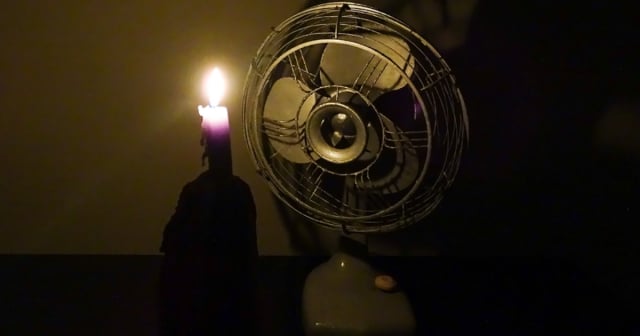Residents of Villa Clara are standing in long lines to purchase charcoal, an essential resource due to the frequent power outages affecting the country, reported journalist Mario J Pentón.
The sale of coal in Santa Clara has skyrocketed amid the energy crisis affecting Cuba, and a video posted on social media this Thursday shows hundreds of people queuing at the José Martí fair to buy the coal, which has reached a price of 1,500 pesos per bag—more than the average pension in Cuba.
"This is the coal that arrived for José Martí in Santa Clara at 1,500 pesos per sack, more than what a pensioner earns. How can this be allowed?" questioned Penton in his post on X.
The sale of coal has emerged as an improvised alternative for the Cuban government to address the energy crisis, which has intensified following the massive blackout reported in October.
For several weeks, the country has been experiencing extended power outages, some lasting over 24 hours, due to failures in the electrical system and damage caused by cyclones. In this context, the shortage of liquefied gas has forced many families to turn to coal for cooking.
The local government in Santa Clara had initially reported that the sale of coal would take place in all the Popular Councils of the city.
However, Alexander Reyes Barreto, the acting vice mayor in charge of food production and distribution in Santa Clara, clarified on a local radio station that, for the time being, sales will only take place at a specific location known as "la Coca-Cola," and that, weather permitting, they will also be available at the José Martí fair.
On social media, especially on Facebook, numerous advertisements for buying and selling coal are circulating, as many people are desperate to find this resource to cook in a country that years ago shifted to an energy matrix for food preparation and now lacks the resources to guarantee the service.
The phenomenon is not limited to Santa Clara. In other provinces such as Santiago de Cuba, Las Tunas, and Pinar del Río, long lines of citizens have been reported as they attempt to obtain charcoal to survive while electricity remains unrepaired.
In the province of Pinar del Río, a request was made to increase coal production to meet the growing demand of families affected by power outages of up to 15 hours a day. Families in this province have been without electricity for over 10 days.
Filed under:
